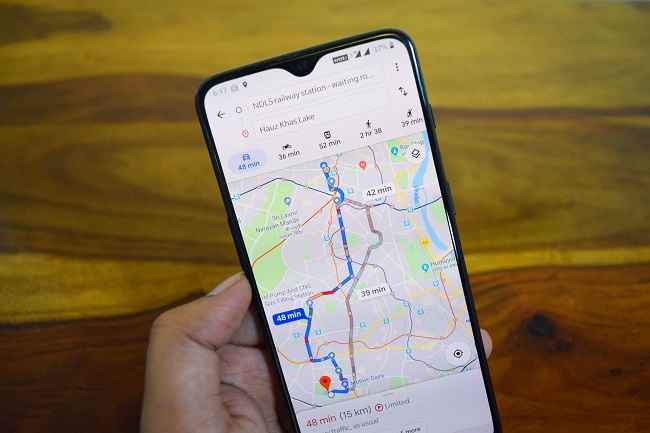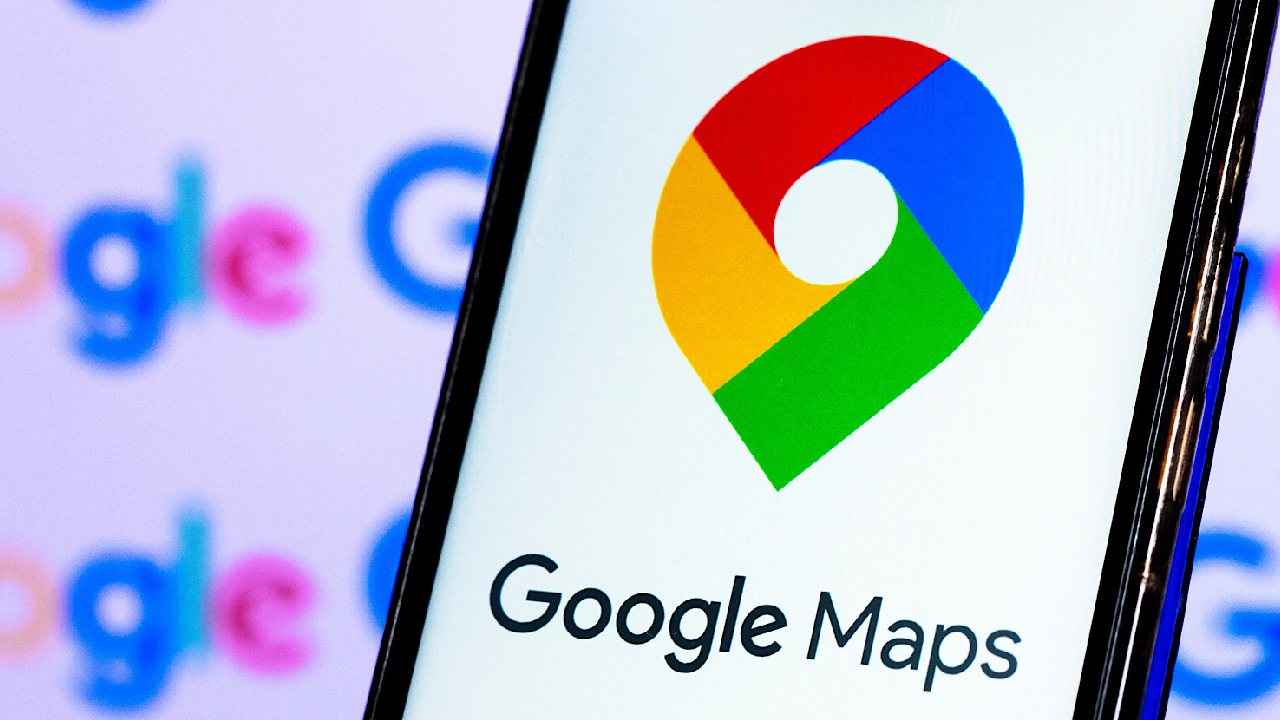Google Maps discusses its approach to evaluate targeted review-bombing | Digit
Google claims that millions of reviews are written on Maps every day, and it has detailed some of the techniques it takes to combat review bombing.
Review bombing is the activity of bombarding a product, business, or service with critical reviews, generally in bad faith, by a large number of individuals (or a few irate people with several accounts). This may be disastrous for a small or local firm that relies on word of mouth. Google claims that millions of reviews are written on Maps every day, and it has detailed some of the techniques it takes to combat review bombing.
“Our team is devoted to keeping user-created material on Maps reliable and based on real-world experience,” claimed the Google Maps team in a video. This effort protects companies against abuse and fraud while also ensuring that evaluations are valuable to users. Its content restrictions were created with the goal of “keeping inaccurate, fraudulent, and nasty reviews off our site.”
In a blog post, Ian Leader, product lead of user-generated content at Google Maps, stated that machine learning plays an essential part in the moderating process. The moderation systems, which are Google’s “first line of defence since they are strong at recognising trends,” scrutinise each review for potential policy infractions. They consider the substance of the review, the history of a user or business account, and whether there has been any anomalous behaviour associated with a location (like spikes in one-star or five-star reviews).

How does Google Maps combat review bombing?
Also, Leader explains about the machines getting rid of the vast majority of fake and fraudulent content before any user sees it. The process takes just a few seconds, and if the models don’t see any problem with a review, it’ll swiftly be available for other users to read. Although, the systems are not without flaws.
Ian Leader stated, for example, the word ‘gay’ is occasionally used as a pejorative phrase, it is not permitted in Google reviews. However, we educate our machine learning models that it is solely used in hate speech which may eliminate ratings that advocate a homosexual business owner or an LGBTQ+ safe place incorrectly. As a result, the Maps team frequently conducts quality testing and further training to educate the algorithms on the numerous ways specific terms and phrases are used to strike a compromise between deleting damaging information and maintaining valuable ratings on Maps.

There is also a staff of people that manually assess reviews that have been highlighted by companies and individuals. In addition to eliminating objectionable reviews, Google suspends user accounts and initiates legal action in some situations. Furthermore, the team works proactively to detect possible misuse issues.
Google often adjusts its rules in response to events around the globe. When businesses and governments began requiring confirmation of COVID-19 vaccination before allowing individuals to access premises. The leader states on the extra safeguards in place to eliminate Google reviews that criticise a business on its health and safety standards or for complying with a vaccine requirement.
Google Maps isn’t the only site worried about review bombing. Yelp users are barred from slamming companies that require customers to be vaccinated and wear masks. The 2021 Trust and Safety report which was issued eliminated more than 15,500 reviews last year for breaking COVID-19 guidelines.
Netflix dealt with review bombing concerns before it destroyed user reviews. Both Rotten Tomatoes and Metacritic have taken efforts to remedy the issue.
For all the latest Technology News Click Here
For the latest news and updates, follow us on Google News.

